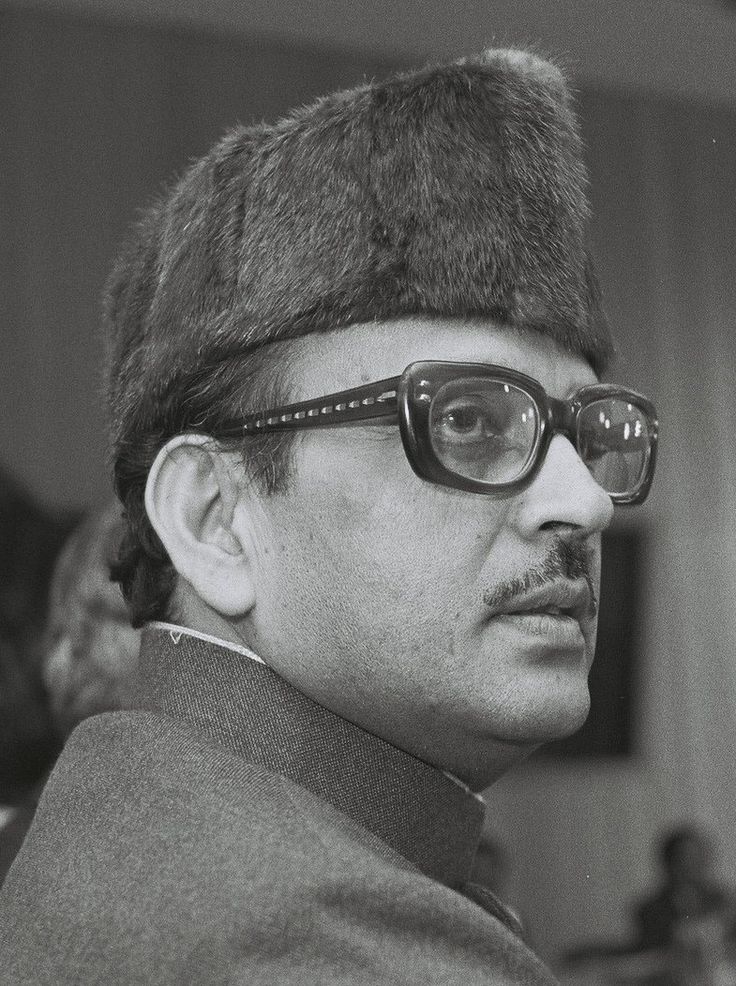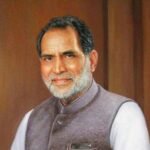Vishwanath Pratap Singh: A Visionary Leader Who Changed Indian Politics
Vishwanath Pratap Singh, widely known as V.P. Singh, was one of India’s most prominent and transformative political leaders. His leadership played a significant role in shaping Indian politics during the late 20th century, and his policies and actions left a lasting legacy. From his role as the 8th Prime Minister of India to his contributions in social justice, V.P. Singh’s career was marked by bold decisions that reshaped the political landscape of the country.
Early Life and Education: Vishwanath Pratap Singh
Born on June 25, 1931, in the small village of Elangath, Uttar Pradesh, Vishwanath Pratap Singh hailed from a royal family. His father, Raja Bahadur Singh, was a member of the erstwhile princely family of Manda. V.P. Singh received his early education in Allahabad and later studied at Allahabad University, where he earned his degree. He was influenced by his family’s strong social standing and the prevailing political environment, which ultimately paved the way for his involvement in public life.
Entry into Politics: Vishwanath Pratap Singh
V.P. Singh’s political career began when he joined the Indian National Congress party. He was deeply influenced by the ideals of India’s first Prime Minister, Jawaharlal Nehru, and the political philosophy of the Congress party. Initially, Singh served as the Member of the Legislative Assembly in Uttar Pradesh and later joined the central government.
Singh’s rise within the Congress party was rapid. In the early 1970s, he was appointed as the Cabinet Minister for Petroleum and Natural Gas during Indira Gandhi’s government. His tenure saw significant reforms in the oil industry, which earned him a reputation as a competent and dynamic leader.
Prime Ministership and Major Contributions: Vishwanath Pratap Singh
In 1989, after a series of events that led to political instability and the resignation of Rajiv Gandhi, V.P. Singh emerged as the Prime Minister of India. His tenure, which lasted from 1989 to 1990, was characterized by bold decisions that fundamentally altered India’s political and social fabric.
- The Mandal Commission Report and the OBC Reservation: One of the most defining moments of V.P. Singh’s political career was his decision to implement the Mandal Commission recommendations. The Mandal Commission had recommended reservations in government jobs and educational institutions for Other Backward Classes (OBCs) to provide social and economic justice to historically marginalized communities.
Singh’s decision to implement these recommendations was met with strong opposition, particularly from the upper-caste groups. However, it was hailed as a historic move that aimed at social justice and inclusivity for millions of Indians. This move also helped V.P. Singh earn the support of the OBC communities, which had long been underrepresented in government and education.
- Opposition to Corruption: V.P. Singh became known for his strong stance against corruption in government. His tenure saw the exposure of major corruption scandals, most notably the Bofors scandal, which had implicated high-ranking government officials in kickbacks related to defense deals. Singh’s decision to launch investigations into these allegations and hold corrupt officials accountable made him a champion of transparency and accountability.
- The National Front and Coalition Politics: After his tenure as Prime Minister, V.P. Singh led the National Front, a coalition of various political parties that aimed to challenge the dominance of the Congress party in Indian politics. His government represented a shift towards coalition politics, which became a dominant feature of Indian politics in the years to come.
Challenges During His Tenure: Vishwanath Pratap Singh
While V.P. Singh’s decisions were widely lauded for promoting social justice and accountability, his tenure was not without challenges.
- Economic Issues and Instability: Singh’s government faced severe economic challenges, including inflation, unemployment, and a fiscal deficit. The economic instability, combined with political opposition and social unrest, contributed to the downfall of his government. In 1990, Singh was forced to resign as Prime Minister after losing the support of crucial coalition partners.
- The Ram Janmabhoomi Movement: Singh’s government also faced intense challenges from the growing Ram Janmabhoomi movement, which demanded the construction of a temple at the disputed site in Ayodhya. The issue of religious and communal tensions took a toll on the government’s stability.
Vishwanath Pratap Singh Legacy
Despite the political turbulence during his tenure, V.P. Singh’s legacy remains significant in modern Indian politics. He was a leader who dared to take bold steps to address the socio-economic inequalities that plagued the country. His efforts to promote social justice through affirmative action for OBCs and his fight against corruption have made him a revered figure in Indian politics.
- Social Justice and Affirmative Action: V.P. Singh’s commitment to social justice is perhaps his most enduring legacy. His implementation of the Mandal Commission’s recommendations transformed India’s social and political landscape by empowering marginalized communities and ensuring greater representation in education and government services.
- Transparency and Accountability: V.P. Singh’s role in bringing transparency to Indian politics, especially in exposing corruption, has left a lasting impact. His actions set a precedent for future leaders in terms of accountability and ethics in governance.
- Coalition Politics: Singh’s leadership in building and leading a coalition government marked a shift in Indian politics. His tenure helped lay the foundation for the multi-party coalitions that have since become a regular feature of Indian political life.
FAQs About Vishwanath Pratap Singh
Q1: Why did V.P. Singh resign as Prime Minister?
V.P. Singh resigned as Prime Minister in 1990 after his coalition government lost support from key allies, and he faced growing political and economic instability.
Q2: What was the Mandal Commission, and why was it important?
The Mandal Commission was established to identify and recommend measures for the socio-economic upliftment of OBCs. V.P. Singh’s decision to implement its recommendations led to reservations for OBCs in government jobs and educational institutions, providing a significant step towards social justice.
Q3: What was V.P. Singh’s contribution to anti-corruption efforts?
V.P. Singh is known for his strong stance against corruption. His government initiated investigations into several corruption scandals, most notably the Bofors scandal, and set an example for greater transparency in governance.
Vishwanath Pratap Singh legacy
Vishwanath Pratap Singh’s legacy as a leader who stood for the marginalized and fought against corruption remains an integral part of Indian history. Despite the challenges and controversies that marked his tenure, his contributions to social justice, governance, and Indian politics have shaped the path for future leaders. V.P. Singh’s political journey is an inspiring example of leadership that transcended the conventional boundaries of power.










